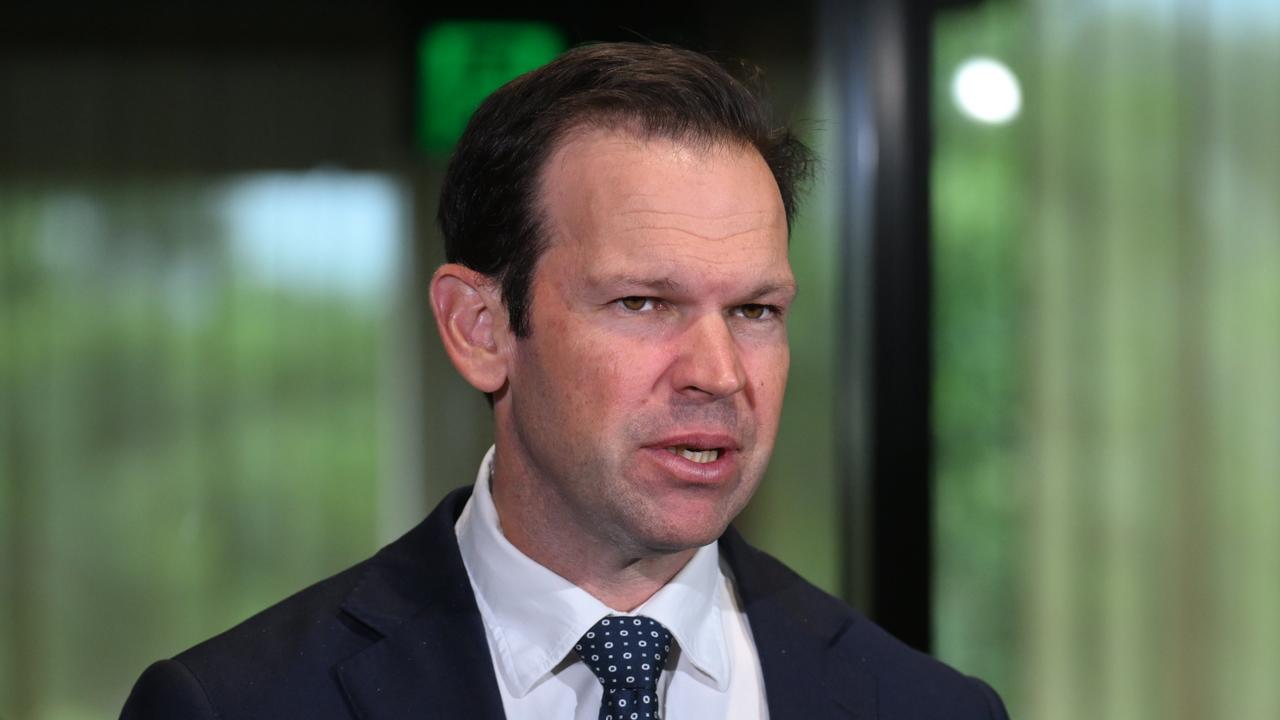Why coronavirus won’t kill off the handshake
It’s been an everyday practice for centuries and despite health warnings, one expert believes that not even coronavirus will stop this custom.

This time last year it was unfathomable to imagine just how different life would be in 2020.
Overseas travel is now off-limits, trackpants have become acceptable work wear and don’t even think about coughing in public.
While it once would have been rude not to shake the hands of someone you just met it would now spark panic.
A simple question such as what you do for work has suddenly become sensitive as hundreds of thousands of people became unemployed overnight.
Dr Sabine Krajewski is a senior lecturer in international community at Macquarie University and has been studying taboos for 20 years.
While taboos are often rooted in society for years, health events like the current pandemic will often see an “instant creation of taboos”.
“If you think about the 1980s HIV there was a lot of taboo in the beginning,” she told news.com.au.
RELATED: Best reusable face masks to buy
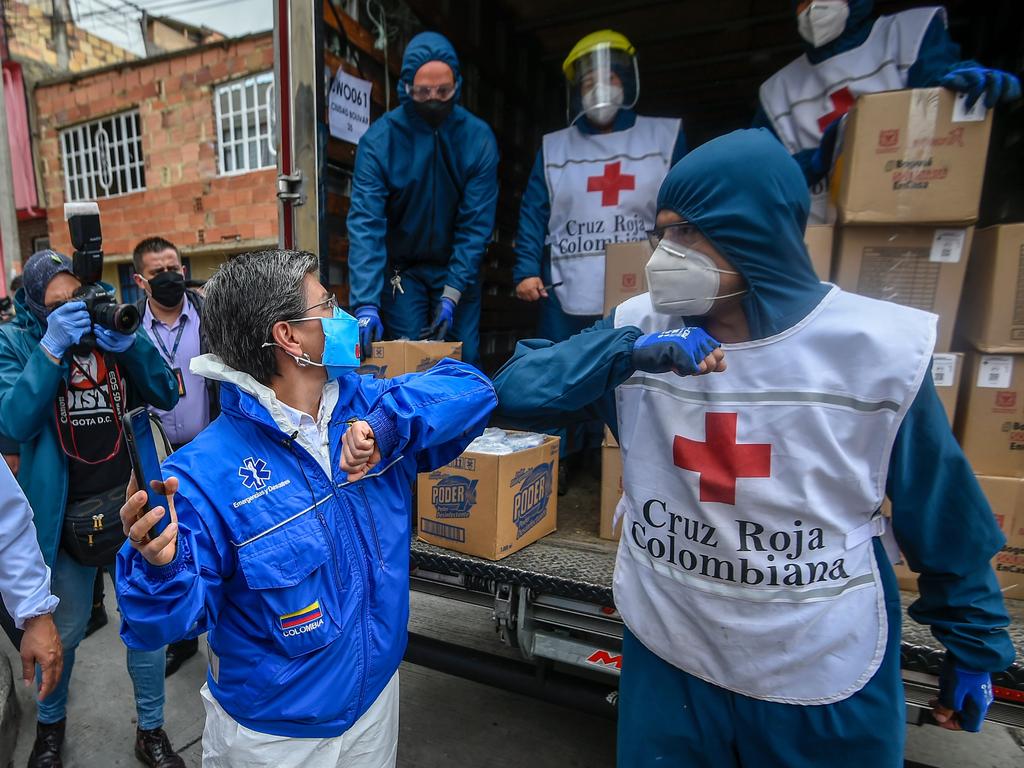
HANDSHAKING
In March almost overnight the greeting became socially unacceptable, with Prime Minister Scott Morrison saying: “No more handshakes.”
A string of alternatives have been suggested instead, from offering prayer hands, elbow tapping and even a foot touching curtsy named the “Wuhan Shake”.
While it is currently a social distancing no-no, Dr Krajewski believes the handshake is far from dead and will make its return once the pandemic ends.
“I believe it will come back and the reason is that is that it’s a very old tradition to shake hands,” she said.
“It’s just culturally so ingrained and there is this need for human touch — and the elbow is not quite the same.”
But Dr Krajewski said we should get used to health workers still refraining from touching our hands while on the job.
While it was once customary for a doctor to shake hands with a patient at the beginning of an appointment, the gesture had become taboo in recent years and would probably only grow more so.
“Now we accept that doctors don’t shake hands, they see so many patients and they’d either wash their hands until they are in shreds or spread (disease) between one (person) and the other,” she said.
“So we accept it there, that the handshake is kind of gone with doctors and maybe don’t even notice it.”
RELATED: How these countries defeated coronavirus
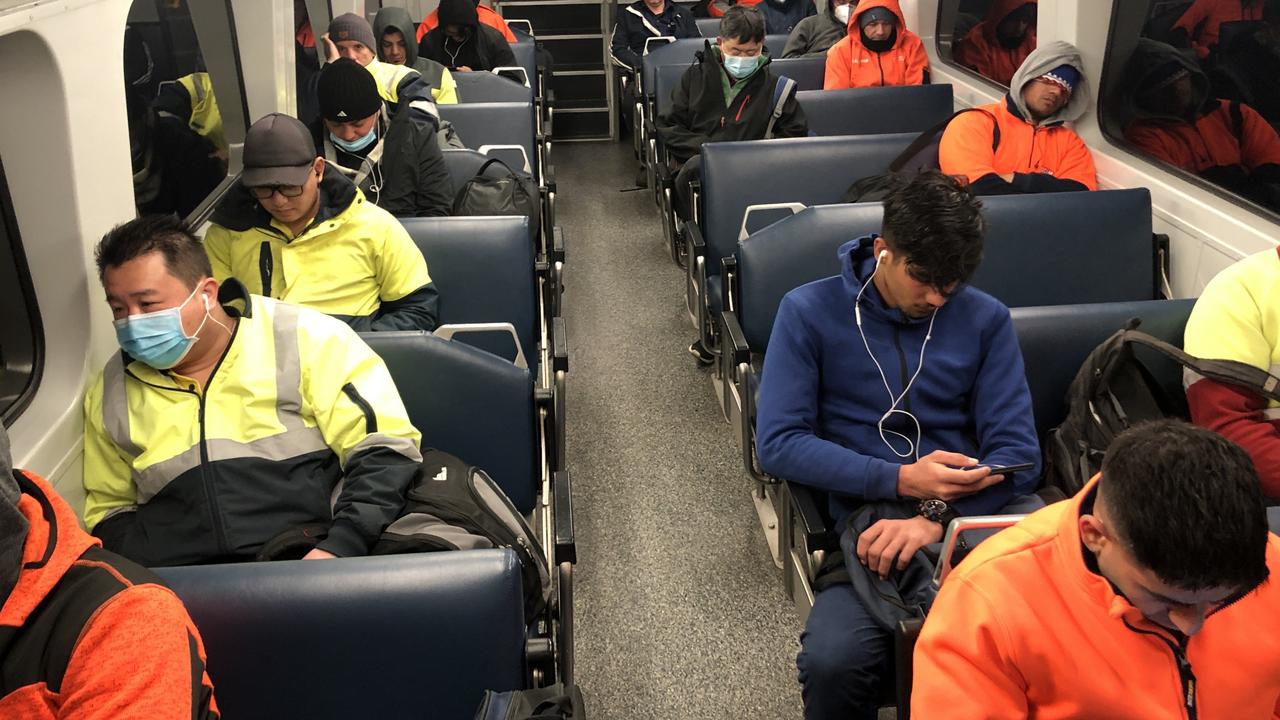
COUGHING
While someone having a coughing or sneezing fit in your train carriage pre-coronavirus was an annoying interruption to whatever you were listening to on your commute, now it’s taboo enough to trigger an “instant flight reaction”.
“If you were on public transport and you sneezed without covering your mouth I think you will be alone in the carriage and you might even be attacked,” Dr Krajewski said.
“For good reason — it’s just not on at the moment.”
But she believes this fear when someone cough or sneezes in public will subside over time as the pandemic eases.
“Sneezing in the elbow is another thing where we can speculate about whether it is going to stay or now … not sure about that one,” Dr Krajewski said.
SPITTING
It might be surprising to learn that spitting hasn’t always been the taboo act it is today — in fact, it was once considered a sign of class.
“It used to be totally normal to spit,” Dr Krajewski said.
“For example during a meal in the Middle Ages you would spit the bones out next to your plate.”
But things changed during the 19th century when a health crisis took hold, prompting new standards in hygiene.
“The real breakthrough was tuberculosis 150 years ago,” Dr Krajewski said.
“There was a real health reason and people were told don’t spit because spitting is transmitting disease. Before people didn’t even know that droplets of spit might carry disease.”
Pre-coronavirus spitting in public was considered a pretty gross thing to do, but now it’s been elevated to a highly fearful taboo.
New laws have been introduced to penalise those who spit on public officials, with a $5000 on the spot fine for those who spit on NSW health workers.
“It’s never been a polite thing to do,” Dr Krajewski said. “(But now) it’s almost like a mini terror act because you are trying to put that person into fear that you gave them a deadly disease, and now you can even be sentenced to jail time for that, so it means that it has become much more serious than it was before.”
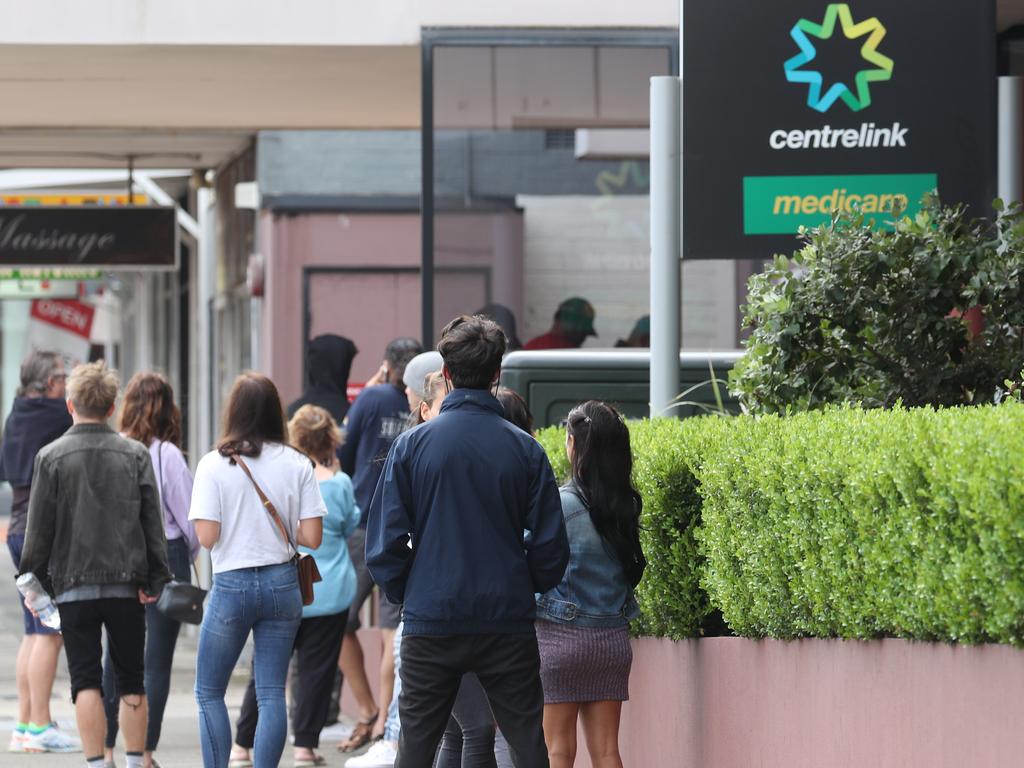
CONVERSATION
It’s not just habits that have changed, with previously safe topics of conversation now at risk of causing embarrassment.
“It used to be a normal conversation opener to say, ‘what do you do for work?’ because if you’re at a party, you don’t know people, you ask that,” Dr Krajewski said.
“And now it’s maybe good to be mindful because you may just ask someone who’s just lost their job, or someone in their family lost their job, or they’re in a job situation where they have to retrain.”
But on the flip side the coronavirus pandemic had broken down the taboo around being unemployed and it was “not that embarrassing anymore” to admit to being out of work.
“To depend on Centrelink used to be a bit taboo to say that, because you were either seen as lazy or not able to keep a job,” Dr Krajewski said.
“But now it’s not your own fault.”
Asking someone about their travel plans could be taboo as well, because an altered financial situation may mean they can no longer go on holidays.
When restrictions lift people planning a cruise may also be reluctant to own up to it given the role holiday liners have played in spreading coronavirus, Dr Krajewski said.
“If you know someone who loves to go on cruises there may be little things that could lead to embarrassment,” she said.
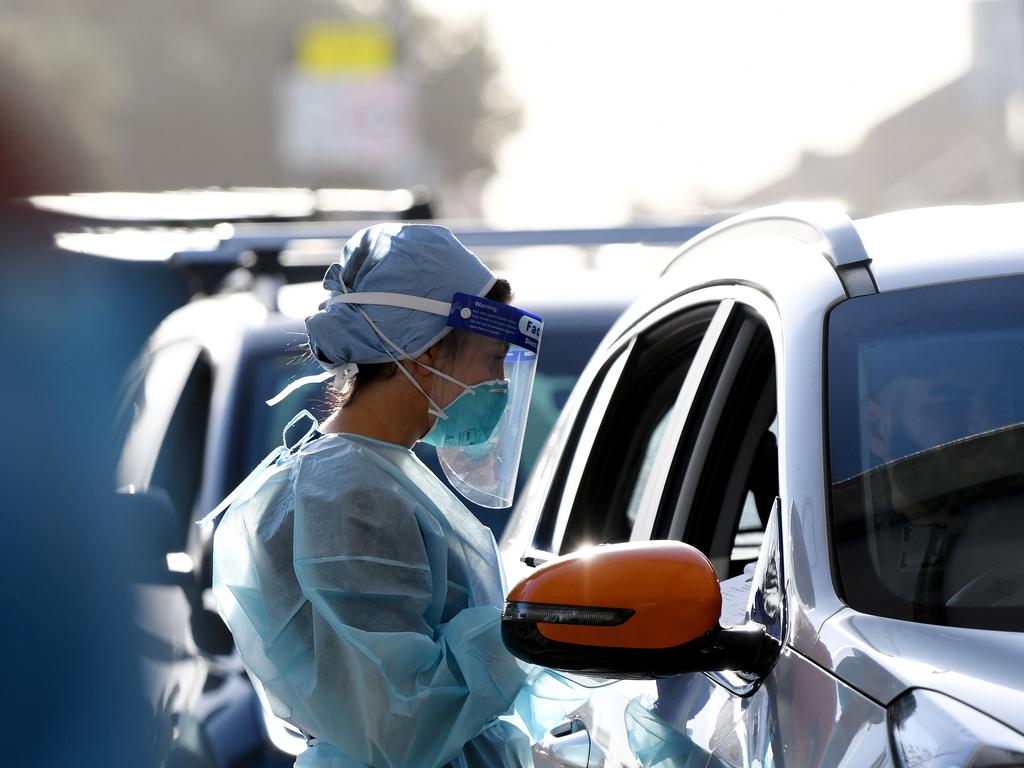
BUT IT’S NOT ALL BAD NEWS
Fortunately the coronavirus pandemic has pushed previously taboo topics into the mainstream.
Dr Krajewski said that Australians being in lockdown and experiencing feelings of isolation and stress has “really accelerated” national conversations around mental health.
“It might create more empathy in people who before were reluctant to accept that it is really effecting a person’s ability to work or sleep or do whatever, if they experience it themselves a little bit,” she said.
The fact that some people could not work from home and had to risk their health going to work has also prompted more discussions around inequality in Australia.
“Now we see it because we hear it and try to believe that we’re all in this together, but we are together in very different positions – some of us cannot work from home,” Dr Krajewski said.
“It sort of shows there is inequality, and that is maybe good that people think about it now because those taboos could be dismantled, at least in part because there’s an awareness.”



